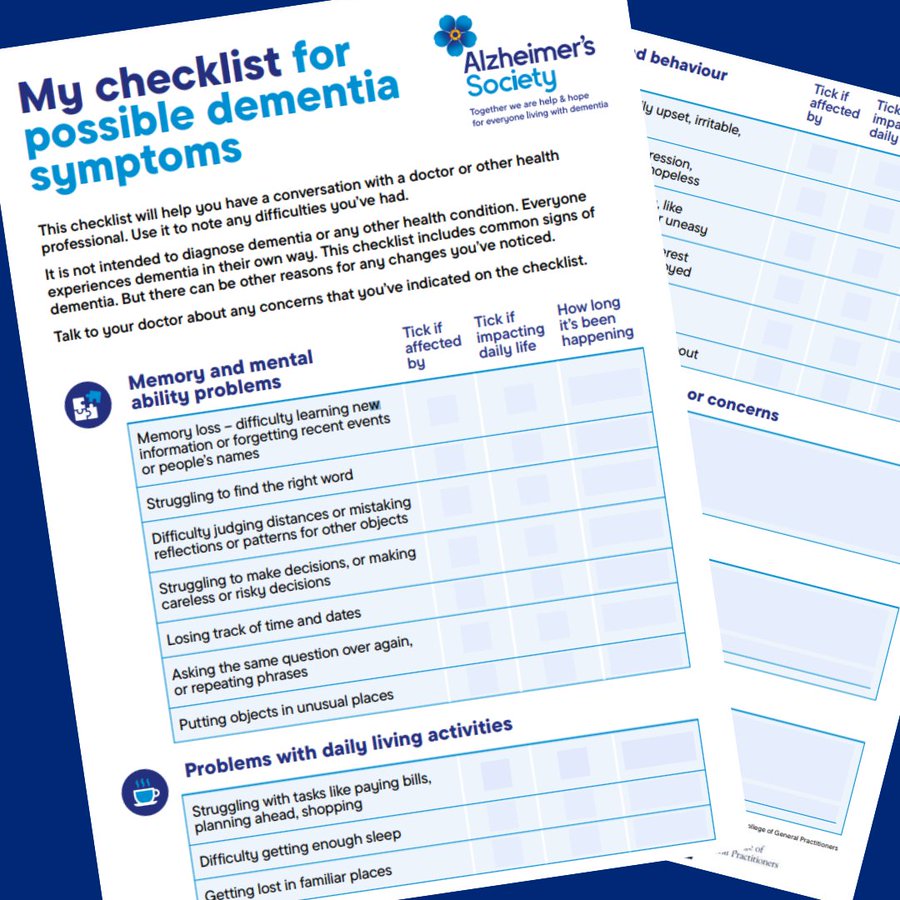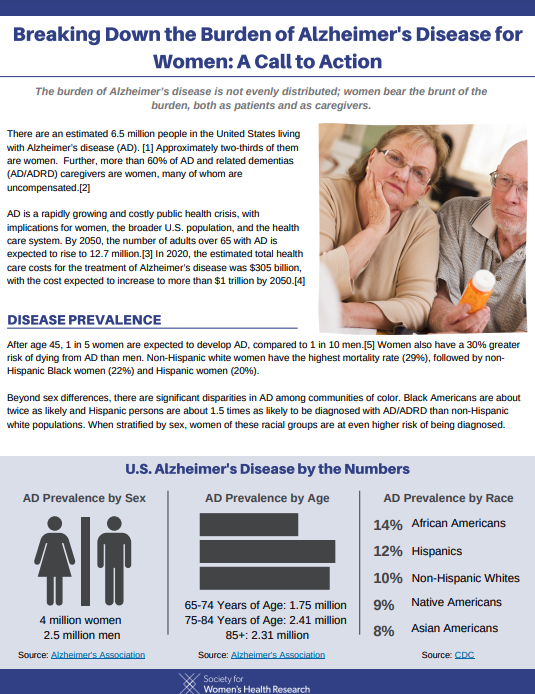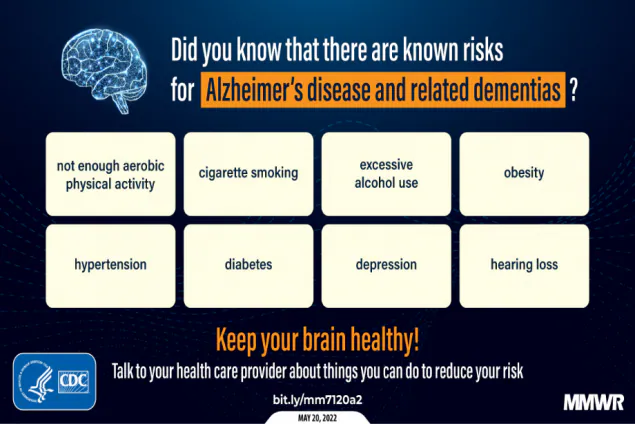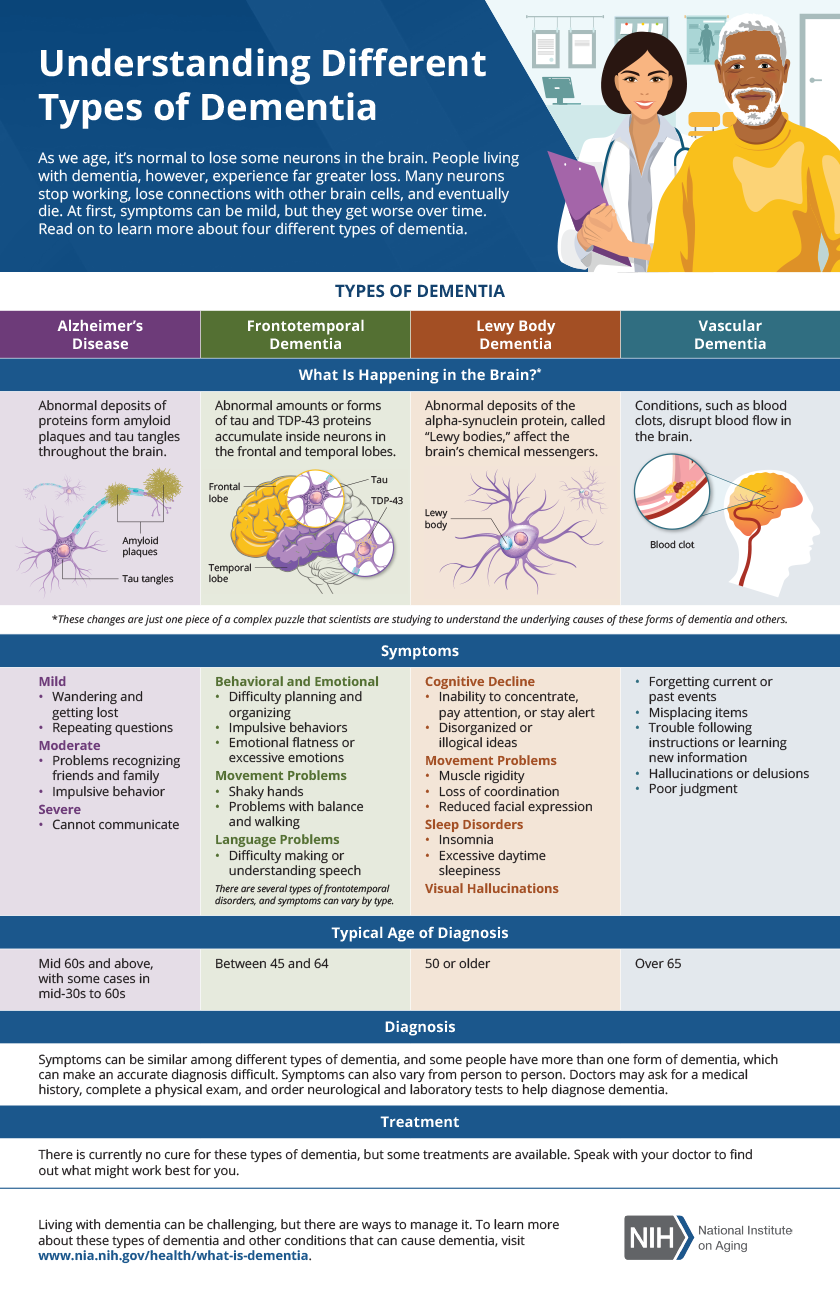“Dementia is the loss of cognitive functioning
— thinking, remembering, and reasoning —
to such an extent that it interferes with a person’s…”.1
Umbrella
What may the Dementia Umbrella include?
Depending on the Source (DotS) this Umbrella may include:
- Alzheimer’s Disease (AD)
- Dementia
- Lewy Body Dementia
- Mixed Dementia
- Vascular Dementia
Terminology
Is dementia an umbrella term?
In About Dementia: Types of Dementia Dementia Australia explain:
In About Alzheimer’s & Dementia: What Is Dementia? Alzheimer’s Disease International (ADI) also note:
Definition
What is dementia?
DotS the definition of dementia may vary. The (United States) National Institute on Aging’s (NIA) definition is:
The World Health Organization’s (WHO) definition is:
Symptoms
What may be symptoms of dementia?
In About Alzheimer’s & Dementia: What Is Dementia? the ADI elaborate on:
- Loss of memory
- Difficulty in finding the right words or understanding what people are saying
- Difficulty in performing previously routine tasks
- Personality and mood changes”.6
Aging
Is dementia a normal part of aging?
According to the WHO:
Cause
What may cause dementia?
In Dementia: Key Facts the WHO explain:
Alzheimer’s Disease
What is the association between Alzheimer’s Disease and dementia?
In Dementia: Key Facts, dated 15 March 2023, the WHO note:
Women
In women, how common is dementia?
In Dementia: Key Facts the WHO note:
- “Women are disproportionately affected by dementia, both directly and indirectly. Women experience higher disability-adjusted life years and mortality due to dementia, but also provide 70% of care hours for people living with dementia”.10
Menopause
Is there an association between menopause and dementia?
In Menopause FAQs: Menopause Symptoms – Q. My memory is just not as good as it used to be, and it’s really bothering me. Does menopause cause this? Will it ever get better? the North American Menopause Society elaborate on:
In Memory & Dementia: Menopause & Memory the (Australian) Jean Hailes for Women’s Health also note:
Depression
Is there an association between depression and dementia?
In Look After Your Mind: Keeping Your Brain Active Is Important To Keep It Functioning Well – Depression Your Brain Matters explain:
Prevention
How may dementia be prevented?
In Brain Health the (United States) Alzheimer’s Association explain:
Health Care Provider
What if I would like reassurance I do not have dementia?
If you would like reassurance you do not have dementia, it may be in your best interest to choose to talk to your health care provider about this.
In Dementia Guide: About Dementia – What Is Dementia. the (United Kingdom) NHS also note:
Who is a GP?
DotS and/or DotC (Depending on the Country) a GP may be a qualified and registered general practitioner, a medical practitioner, a medical doctor or a doctor.
Health Topics A-Z
Where may I find Health Topics A-Z related to Dementia?
In Health Topics A-Z you may find:
Links
Where may I find Links related to Dementia?
Your Country may have Links similar to:
Links
This Links List to third party websites is neither comprehensive nor exhaustive. Inclusion on this Links List does not imply endorsement or recommendation. Non-inclusion on this Links List does not imply non-endorsement or non-recommendation. Third party websites are not under the control of Meno Martha International Menopause Directory. Third party websites may contain explicit medical images and/or sexual references. Please read Meno Martha International Menopause Directory’s Links Policy before proceeding to a Link. Please contact Webmaster if you experience a problem with a Link.New or Updated
- Dementia Symptoms Checklist

- Mayo Clinic Minute: What Is Vascular Dementia? [07 February 2024] [+ Video Courtesy: Mayo Clinic News Network]
- The Effects of Estrogen on the Risk of Developing Dementia: A Cohort Study Using the UK Biobank Data [22 January 2024]
- Untangling the Threads of Early Onset Dementia [29 March 2024]
- What Is Frontotemporal Dementia? [23 February 2024]
- Why Is Dementia Different for Women? [08 March 2024]
- 6 Tips To Keep Your Brain Healthy
- 7 Habits Make for A Healthy Heart — and Brain, Too
- About Alzheimer’s & Dementia
- About Dementia
- About Dementia
- About Dementia
- About Dementia: Alzheimer’s Disease
- About Dementia: Frequently Asked Questions
- About Dementia: Types of Dementia
- About Dementia: What Is Dementia?
- About Dementia: What Is Dementia?
- Adopt A Healthy Diet
- After A Diagnosis of Dementia: Next Steps Checklist
- Alz.co.uk [Alzheimer’s Disease International]
- Alzheimer’s Disease and Related Dementias
- Alzheimer’s Disease and Related Dementias: About the ADEAR Center [Alzheimer’s Disease Education and Referral Center]
- Alzheimer’s Disease – Multiply Languages
- Brain Health
- Breaking Down the Burden of Alzheimer’s Disease for Women: A Call to Action

- Caregiving
- Communicating With Someone With Dementia
- Dementia
- Dementia
- Dementia
- Dementia A To Z
- Dementia Guide
- Dementia Guide: About Dementia
- Dementia Guide: Living With Dementia
- Dementia Guide: Looking After Someone With Dementia
- Dementia-Related Pain: What Caregivers Need To Know
- Dementia Research and Clinical Trials: Alzheimer’s Disease Research Centers
- Dementia Risk Reduction

- Dementia Symptoms Checklist
- Dementia With Lewy Bodies: What Is It and What Causes It?
- Dementia – 12 Things To Know To Reduce Your Risk
- Dementia – Multiply Languages
- Dementia-Related Pain: What Caregivers Need To Know
- Dementia.org.au [Dementia Australia]
- Dementia: Diagnosis & Treatment
- Dementiauk.org [Dementia UK, United Kingdom]
- Diabetes and Dementia Risk: Another Good Reason To Keep Blood Sugar In Check
- Diets Rich In Flavonoids Linked To Better Brain Health
- Don’t Forget To Floss: The Science Behind Dementia and the Four Things You Should Do To Prevent It
- FDA Converts Novel Alzheimer’s Disease Treatment To Traditional Approval
- Five Things You Should Know About Dementia
- Forgetfulness Normal or Not
- Frontotemporal Dementia: What Is It?
- Genetics of Dementia
- Growing – and Aging – Hispanic Population At Risk for Dementia
- Healthy Lifestyle Behaviors Reduced Dementia Risk Despite Family History of Dementia
- Home Remedies: Can Folic Acid Supplements Slow Cognitive Decline?
- Home Remedies: Can Ginkgo Biloba Prevent Memory Loss?
- How Can Someone Minimise the Risk of Mild Cognitive Impairment and Dementia?
- How Do We Maintain A Healthy Brain?
- International Menopause Society Statement – Use of Postmenopausal Hormone Therapy and Risk of Alzheimer’s Disease In Finland: Nationwide Case-Control Study
- Is It Normal Aging or Early Signs of Dementia?
- Keeping Your Brain Sharp Isn’t About Working More Puzzles
- Living With A Dementia
- Looking After Someone With Dementia
- Mayo Clinic Expert Explains Why A Change Is Needed When Talking About Dementia [+ Video Courtesy: Mayo Clinic News Network. Name Super/CG: Ronald Petersen, M.D., Ph.D./Alzheimer’s Disease Research Center/Mayo Clinic
- Mayo Clinic Minute: Brain Activities Decrease Risk of Dementia [+ Video]
- Mayo Clinic Minute: Can the MIND Diet Improve Brain Health? [+ Video Courtesy: Mayo Clinic News Network]
- Mayo Clinic Minute: Reducing Dementia Risks [+ Video Courtesy: Mayo Clinic News Network]
- Mayo Clinic Minute: What Is Vascular Dementia? [+ Video]
- Mayo Clinic Q and A: 4 Ways To Reduce Your Risk of Dementia
- Memory and Cognition
- Memory Loss In Women – Is It Age or Menopause?
- Memory Loss Is Not a Normal Part of Aging
- Memory, Forgetfulness and Aging: What’s Normal and What’s Not
- Menopausal Hormone Therapy and Dementia: Nationwide, Nested Case-Control Study
- Menopause: Understanding the Changes and Finding Relief | Dr Susan Davis | The Proof Podcast EP 256
- Mindyourrisks.nih.gov [Mind Your Risks]
- Mixed Dementia
- My Doctor Thinks I Have Mild Cognitive Impairment – What Does It Mean?
- NINDS Dementia Information Page [National Institute of Neurological Disorders and Stroke, United States]
- National Center for Complementary and Integrative Health: Dietary Supplements and Cognitive Function, Dementia, and Alzheimer’s Disease: What the Science Says
- National Center for Complementary and Integrative Health: Ginkgo
- National Center for Complementary and Integrative Health: How Safe Is This Product or Practice?
- Other Languages
- Ovary Removal (Oophorectomy): A Risk Factor for Dementia?
- Participating In Activities You Enjoy
- Prevention
- Signs and Symptoms of Lewy Body Dementia
- Stay Mentally and Socially Active
- The Best Foods To Eat for Better Memory and Brain Health
- The Effects of Estrogen on the Risk of Developing Dementia: A Cohort Study Using the UK Biobank Data
- Types of Dementia
- Understanding Different Types Dementia

- Untangling the Threads of Early Onset Dementia
- Vascular Dementia: What Is It and What Causes It?
- Videos and Podcasts: Videos – Interviews: How To Protect Your Brain Health At Menopause and Beyond
- Videos and Podcasts: Videos – Interviews: What Women Should Know About Menopause and Brain Fog
- What Is Dementia?
- What Is Dementia?
- What Is Frontotemporal Dementia?
- What Is the Difference Between Dementia and Alzheimer’s Disease?
- When To Seek Help for Memory Loss
- Why Is Dementia Different for Women?
- World Alzheimer’s Month [September]
- Young Onset Dementia: Perimenopause and Menopause
Sources
Where may I find the Sources quoted?
You may find the Sources quoted at:
Sources
- Basics of Alzheimer’s Disease and Dementia: What Is Dementia? Symptoms, Types, and Diagnosis. Content Reviewed: 08 December 2022. National Institute on Aging https://www.nia.nih.gov/health/what-dementia Accessed: 27 October 2023
- About Dementia: Types of Dementia. Dementia Australia https://www.dementia.org.au/information/about-dementia/types-of-dementia Accessed: 27 October 2023
- About Alzheimer’s & Dementia: What Is Dementia? Alzheimer’s Disease International https://www.alzint.org/about/ Accessed: 27 October 2023
- Basics of Alzheimer’s Disease and Dementia: What Is Dementia? Symptoms, Types, and Diagnosis. Content Reviewed: 08 December 2022. National Institute on Aging https://www.nia.nih.gov/health/what-dementia Accessed: 27 October 2023
- Dementia: Key Facts. 15 March 2023. World Health Organization https://www.who.int/en/news-room/fact-sheets/detail/dementia Accessed: 27 October 2023
- About Alzheimer’s & Dementia: What Is Dementia? Alzheimer’s Disease International https://www.alz.co.uk/about-dementia Accessed: 27 October 2023
- Dementia: Risk Factors and Prevention. 15 March 2023. World Health Organization https://www.who.int/en/news-room/fact-sheets/detail/dementia Accessed: 27 October 2023
- Dementia: Key Facts. 15 March 2023. World Health Organization https://www.who.int/en/news-room/fact-sheets/detail/dementia Accessed: 27 October 2023
- Dementia: Key Facts. 15 March 2023. World Health Organization https://www.who.int/en/news-room/fact-sheets/detail/dementia Accessed: 27 October 2023
- Dementia: Key Facts. 15 March 2023. World Health Organization https://www.who.int/en/news-room/fact-sheets/detail/dementia Accessed: 27 October 2023
- Menopause FAQs: Menopause Symptoms – Q. My memory is just not as good as it used to be, and it’s really bothering me. Does menopause cause this? Will it ever get better? North American Menopause Society https://www.menopause.org/for-women/menopause-faqs-menopause-symptoms Accessed: 27 October 2023
- Memory & Dementia: Menopause & Memory. Last Updated: 26 August 2023 | Last Reviewed: 10 March 2014. Jean Hailes for Women’s Health https://jeanhailes.org.au/health-a-z/mental-emotional-health/memory-dementia Accessed: 27 October 2023
- Look After Your Mind: Keeping Your Brain Active Is Important To Keep It Functioning Well – Depression. Your Brain Matters https://www.dementia.org.au/information/risk-reduction/look-after-your-mind Accessed: 27 October 2023
- Brain Health. Alzheimer’s Association https://www.alz.org/we_can_help_brain_health_maintain_your_brain.asp Accessed: 27 October 2023
- Dementia Guide: About Dementia – What Is Dementia. Page Last Reviewed: 20 July 2023. NHS https://www.nhs.uk/conditions/dementia/about/? Accessed: 27 October 2023



